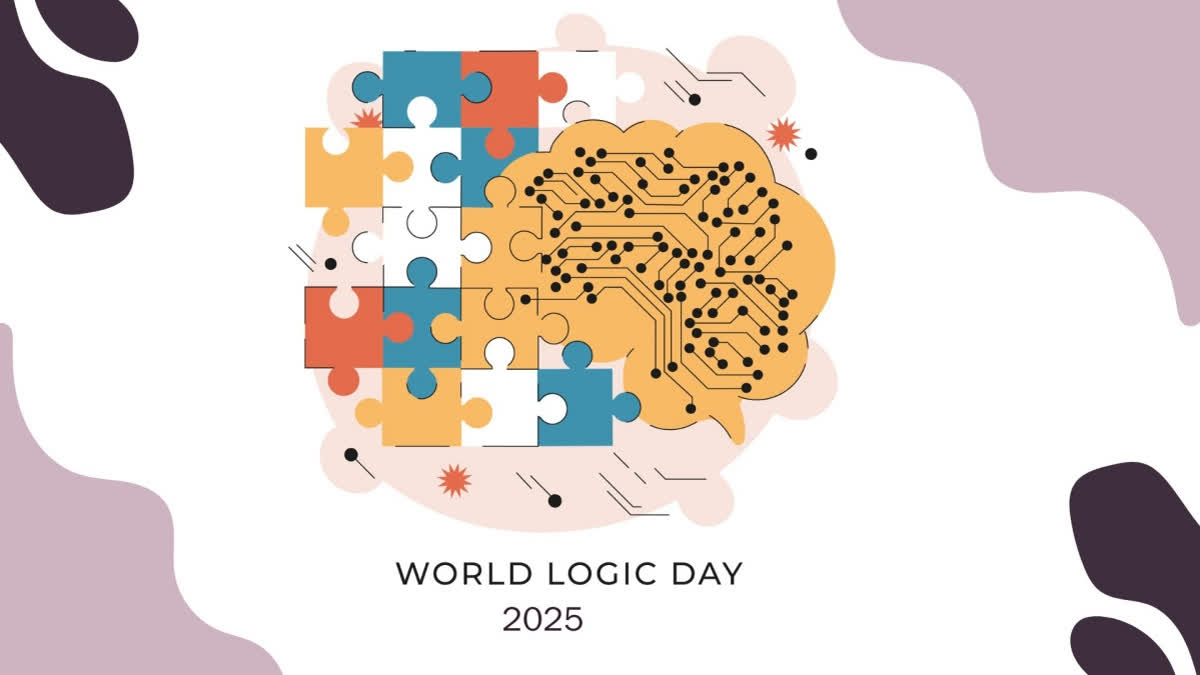January 14 marks World Logic Day, a day dedicated by UNESCO to celebrating the art of reasoning and the role logic plays in shaping human thought, problem-solving and innovation.
It’s a time to appreciate how critical thinking helps us navigate a complex world filled with information overload, fake news and emotional arguments.
But logic is a tool we all use, whether we’re debating with a friend, making big life decisions, or scrolling through social media. Unfortunately, even the most rational minds can fall prey to logical fallacies: common errors in reasoning that can lead us astray. Spotting these fallacies is the first step to avoiding them, and World Logic Day is a great time to sharpen this skill.
What Are Logical Fallacies?
Logical fallacies are flaws in reasoning that can make arguments seem convincing, even when they’re not. They’re sneaky, often emotionally appealing, and can lead to misunderstandings or poor decisions.
Think about how they show up in advertising (“Buy this product because everyone else is!”), politics (“My opponent’s idea is terrible because he’s untrustworthy”), and personal relationships (“If you loved me, you’d agree with me”). Falling for these missteps can lead to misunderstandings, manipulation, or bad choices.
However, once you know how to recognize them, you’ll be less likely to fall for them. Here are some of the most common logical fallacies you’re likely to encounter:
1. The Straw Man Argument
What it is:Misrepresenting someone’s argument to make it easier to attack.
Example:Imagine you suggest that schools should spend more money on arts programmes, and someone responds with, “So, you don’t care about math and science anymore?” That’s not what you said, but now you’re stuck defending a position you never took.
How to avoid it:Listen carefully to what someone is actually saying, and respond to their argument... not a distorted version of it. If you’re on the receiving end, calmly clarify your position.
2. The False Dilemma
What it is:Presenting only two options when more exist.
Example:“If you’re not with us, you’re against us.” This type of thinking oversimplifies complex situations by ignoring nuance and middle ground.
How to avoid it:Remember, life is rarely black and white. When faced with a false dilemma, ask, “Are there other options we haven’t considered?”
3. Ad Hominem
